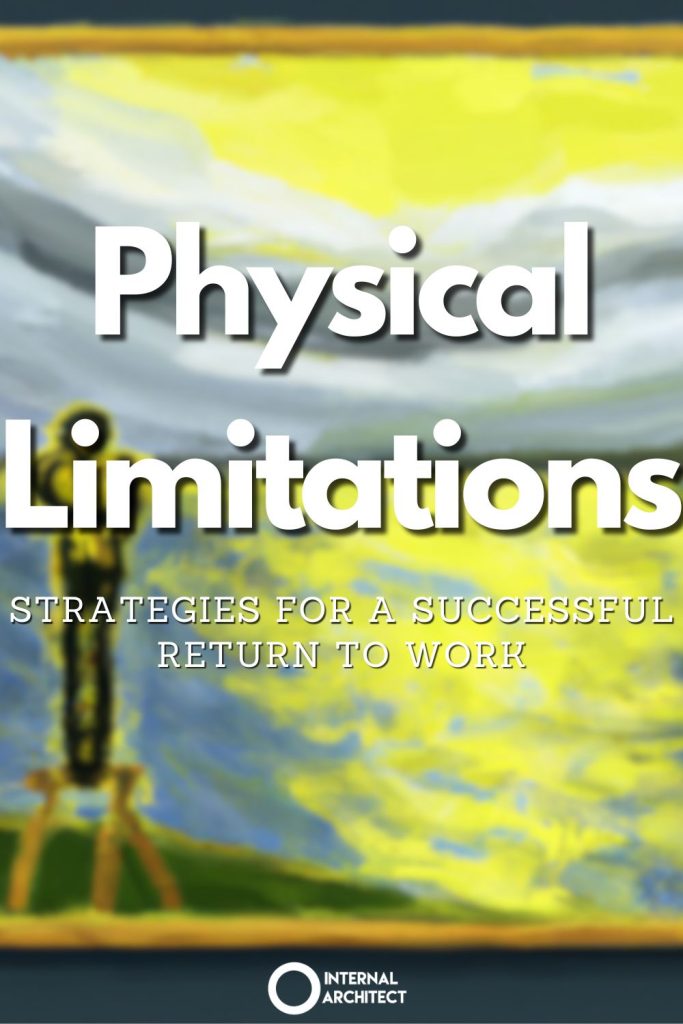

The illusion of control in physical recovery is a common hurdle for those navigating the often-complex world of rehabilitation and healing. We often feel the need to manage every aspect of our healing, but this pursuit of control can often lead to frustration and setbacks. This article explores the concept of the illusion of control in physical recovery, delving into why embracing limitations is key to healing and a more effective recovery journey. We’ll also unpack strategies for realistic expectations, proactive self-care, and supportive practices that are essential components of your healing journey. This article will explore how embracing the reality of limitations is often the best path towards effective recovery. We’ll discuss the importance of seeking professional support and practical strategies for effective self-care, and highlight how to leverage support systems for sustained progress.
Understanding the Illusion of Control
Defining the Illusion
The illusion of control refers to the tendency to overestimate our ability to influence events that are largely outside our immediate control. This applies strongly to physical recovery, where factors like injury severity, treatment response, and even the recovery timeline are often beyond our direct influence. Recognizing this crucial distinction is the first step towards a more empowering and effective recovery strategy. Understanding the reality of our limitations frees us from unnecessary stress and disappointment, allowing us to focus on what we can control.
The Impact on Recovery
This misconception can lead to frustration and even stagnation during recovery. We might become anxious about delays or setbacks, leading to decreased motivation and potentially harmful coping mechanisms. This frustration can create an unhealthy cycle that hinders the healing process. Instead of focusing on what we cannot control, we can instead actively focus on what we can control, such as adhering to treatment plans, managing pain effectively, fostering a healthy lifestyle, and proactively seeking support.
Setting Realistic Expectations
The Importance of Realistic Goals
Setting realistic expectations is fundamental to physical recovery. We often enter the recovery process with a pre-conceived notion of how quickly we’ll heal, which often clashes with the reality of the process. In physical rehabilitation, it’s vital to understand that healing and progress are often gradual. This means acknowledging that setbacks are a natural part of the process. Accepting this perspective alleviates unnecessary stress and helps establish a more sustainable approach to recovery.
Individualized Recovery Plans
Every individual’s recovery journey is unique. What works for one person might not work for another. It’s essential to work with healthcare professionals to create an individualized recovery plan that aligns with your specific needs, limitations, and goals. This personal approach ensures that the plan is tailored to your body’s unique response and recovery journey.
Consider consulting physical therapists, doctors, or recovery coaches for advice.
Embracing Self-Care
Holistic Approach
Self-care plays a vital role in physical recovery. A holistic approach addresses both the physical and mental aspects of healing. Adequate rest, balanced nutrition, and stress management are all crucial components. By focusing on your physical needs, you’re also better equipped to tackle the psychological aspects of recovery. By making self-care a priority, you’re effectively creating an environment conducive to healing.
Importance of Mental Well-being
Maintaining mental well-being during the recovery process is crucial. It’s easy to feel frustrated or anxious as you navigate physical limitations, but practicing mindfulness, meditation, or engaging in activities that promote relaxation can significantly improve your overall well-being.
Leveraging Support Systems
Building a Network
Building a strong support system is essential for navigating the complexities of physical recovery. This network can include family, friends, therapists, support groups, or even online communities. A supportive network provides encouragement, practical assistance, and emotional comfort. These individuals can help lift your spirits, reduce anxiety, and encourage you through setbacks.
Seeking Professional Guidance
Do not hesitate to seek professional guidance. Consider therapists, support groups, or even online communities. Sharing your experiences and gaining insights from others who have navigated similar journeys can be immensely supportive. Professional healthcare providers are crucial for personalized guidance.
The Power of Acceptance
Recognizing Limitations
Embracing the illusion of control means recognizing that there are certain aspects of your recovery journey that are simply outside your immediate influence. This acceptance is crucial for your mental well-being. Learning to accept these limitations can lead to a reduction in stress, worry, and anxiety, thereby creating a more relaxed environment for recovery. This allows us to focus our energy on aspects of recovery we can control.
Shift in Focus
Shifting your focus from what you can’t control to what you can control is a powerful strategy. This often involves prioritizing self-care, engaging in activities that support healing, and seeking the appropriate support system. It is important to remain present during the healing process.
In conclusion, embracing the illusion of control in physical recovery is a crucial step toward healing and well-being. Recognizing the limitations of our power allows us to approach physical recovery with a more realistic and adaptable mindset. Focus on what you can control, like your lifestyle choices and active participation in your treatment plan. Seek support from healthcare professionals, therapists, and supportive communities. Ultimately, acceptance of limitations can lead to a profound sense of peace and a path toward empowered recovery. Remember, you are not alone in this journey, and support is readily available for your recovery journey. Visit our website for resources and expert advice.